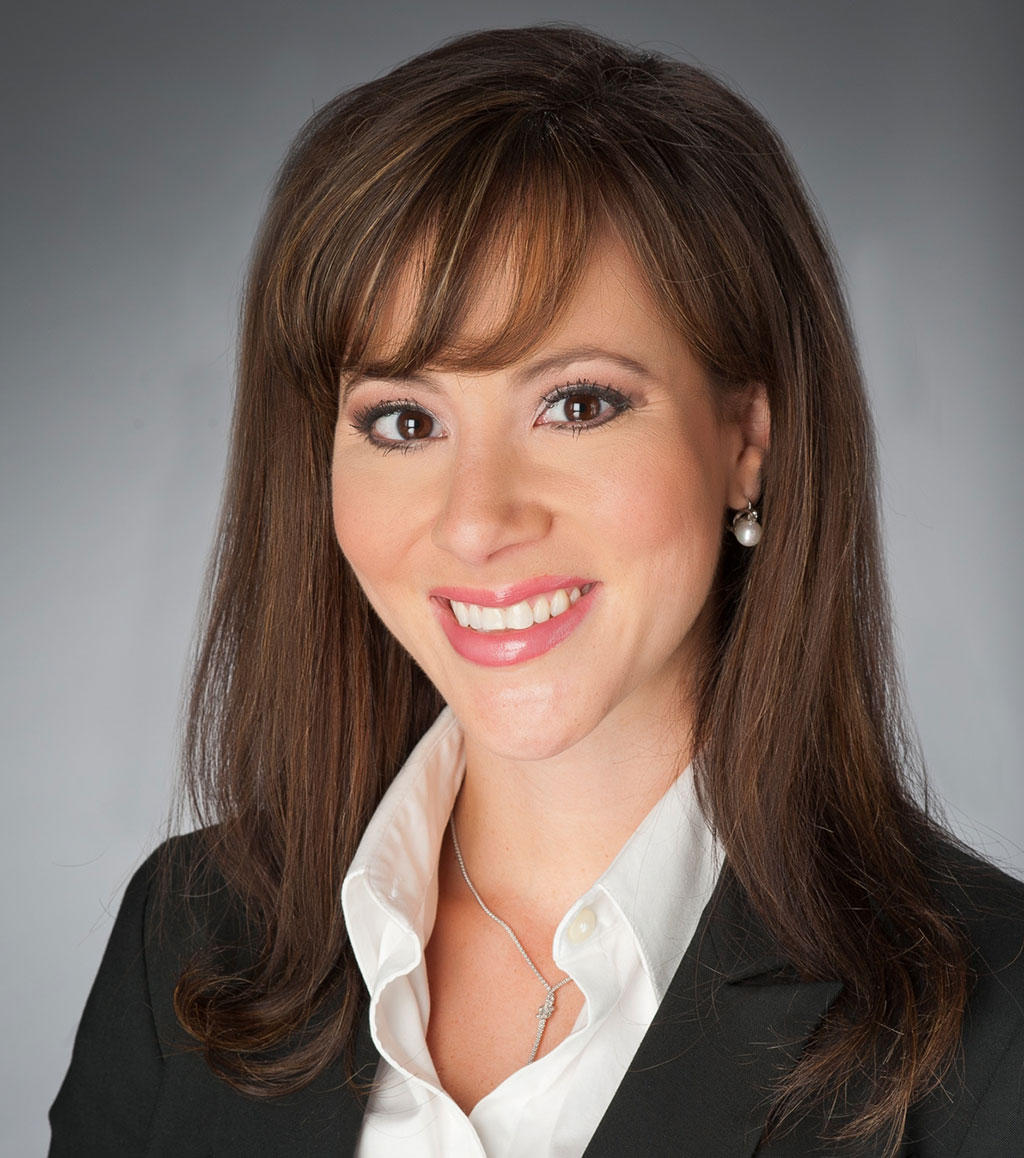
Staring Spells – Primary Steps for Primary Care
Staring spells is a common chief complaint in pediatrics often noted by parents or teachers prompting evaluation. While absence seizures are certainly on the differential, staring can be many other things and careful history and evaluation is needed to guide evaluation and management.
What is the differential of staring spells?
Often times staring events in children represent transient inattention or daydreaming where the child will “zone” out for a brief period of time (seconds up to minutes). Many times children are engaged in other activities and will not respond to parents or teachers prompting concern. Both absence and focal onset seizures can present as isolated staring as well.
How can a parent or provider differentiate seizures from inattention or daydreaming?
First we try to determine if the child is truly unresponsive. Parents often try to get their child's attention when they stare by calling their name or waving their hands in front of them; however, to truly gauge response we recommend that parents engage their child with more vigorous stimulation. Common examples are tickling them under the arm or at the collarbone – two forms of stimuli that a child just daydreaming rarely ignores. If the child still does not respond to tactile stimulation, then the next question to ask is whether the staring is an abrupt pause of activity or pause of speech mid- sentence, as this is more concerning for seizure than simply noting the child is staring out the window. Next ask if there are any associated signs such as rhythmic eyebrow movement, blinking, eye rolling, eye deviation, or automatisms such as chewing or picking at clothing which might suggest seizures.
If there is concern for seizure, how do you differentiate absence seizures from focal seizures?
Absence seizures are typically brief (5-15 second) events of sudden pause during activities or during conversation, followed by the child resuming their normal activity without a post-ictal period. The child may not have recollection of the event, however, older children are often aware of their “pauses or lost time.” Focal seizures more commonly last 30 seconds or longer and can be associated with a post-ictal period of sleepiness or similar symptoms. Absence seizures often occur numerous times in a day, whereas focal seizures may be more sporadic.
What is the initial workup if the events sound like seizures?
If absence seizures are a concern, the provider can hyperventilate the child in clinic (assuming no contraindication such as asthma) by asking them to take slow deep breaths over 3 minutes, as this can provoke absence seizures. If the child has a pause, testing their response by asking them to recall a phrase spoken during the pause of activity can be used. Next, a routine EEG performed in an outpatient clinic setting is valuable. This study is usually diagnostic in making the diagnosis of absence seizures as the seizures may be provoked by hyperventilation and the interictal EEG often shows generalized 3hz spike waves or other generalized abnormalities. If the EEG is normal, then this makes the diagnosis of absence seizure unlikely and the events are more likely to be due to inattention, behavioral events, or just daydreaming – however focal onset seizures may have normal EEGs. If the EEG has focal abnormalities, such as focal spike wave discharges or slowing, an MRI may be warranted. MRI is often not necessary with absence seizures, however.
When should a patient be referred to neurology?
Children with absence seizures captured on EEG and children with spells suspicious for seizure with abnormalities on EEG should be referred for further evaluation and treatment. Children with normal EEGs but events suspicious for seizure also warrant further evaluation, as long term EEG monitoring may be necessary to better characterize the events. Cook Children's Neurologists are available to evaluate staring spells by calling 682-885-2500 to schedule an appointment.
Epilepsy Appointments/Referrals
Comprehensive Epilepsy Program
Neurodiagnostics Information
